The application of air compressors in the food and beverage industry is mainly reflected in providing stable and pure compressed air to meet various needs in the production process.
Air compressors are widely used in the food and beverage industry, mainly including the following aspects:
Compressed air supply: Provide stable compressed air supply for various equipment in the production process, such as filling machines, bottle-blowing machines, inkjet printers, etc., to improve production efficiency and ensure product quality and safety.
Vacuum packaging: In the process of food packaging, the air in the packaging box is quickly extracted by compressed air to achieve vacuum packaging, extend the shelf life of food, and maintain the taste and flavor of food.
Spraying operation: In food production, the high-pressure compressed air provided by the air compressor is used for surface spraying to achieve the purpose of beauty, moisture-proof, anti-corrosion, etc., which is more accurate and efficient than traditional manual spraying1.
Production process: In the production process of food and beverages, such as fermentation, mixing, blowing, bagging, drying, hot air thinning, and pneumatic exhaust, compressed air is required as the power source.
Special process requirements: Such as pipeline transportation of liquids, aseptic packaging, blowing materials, etc., these processes require pure oil-free compressed air to ensure product quality and safety.
In addition, Maxtop air compressors have been widely used in the food and beverage industry due to their high cleanliness air supply, high efficiency and energy saving, stability, and reliability. It adopts an oil-free design to ensure that the output compressed air is absolutely clean, avoiding the contamination of oil mist, particles, and other pollutants on the production line, thereby ensuring the hygiene and safety of the product. At the same time, the high-efficiency energy conversion and intelligent adjustment capabilities of magnetic levitation air compressors significantly reduce energy consumption costs and improve the stability and reliability of the production line.
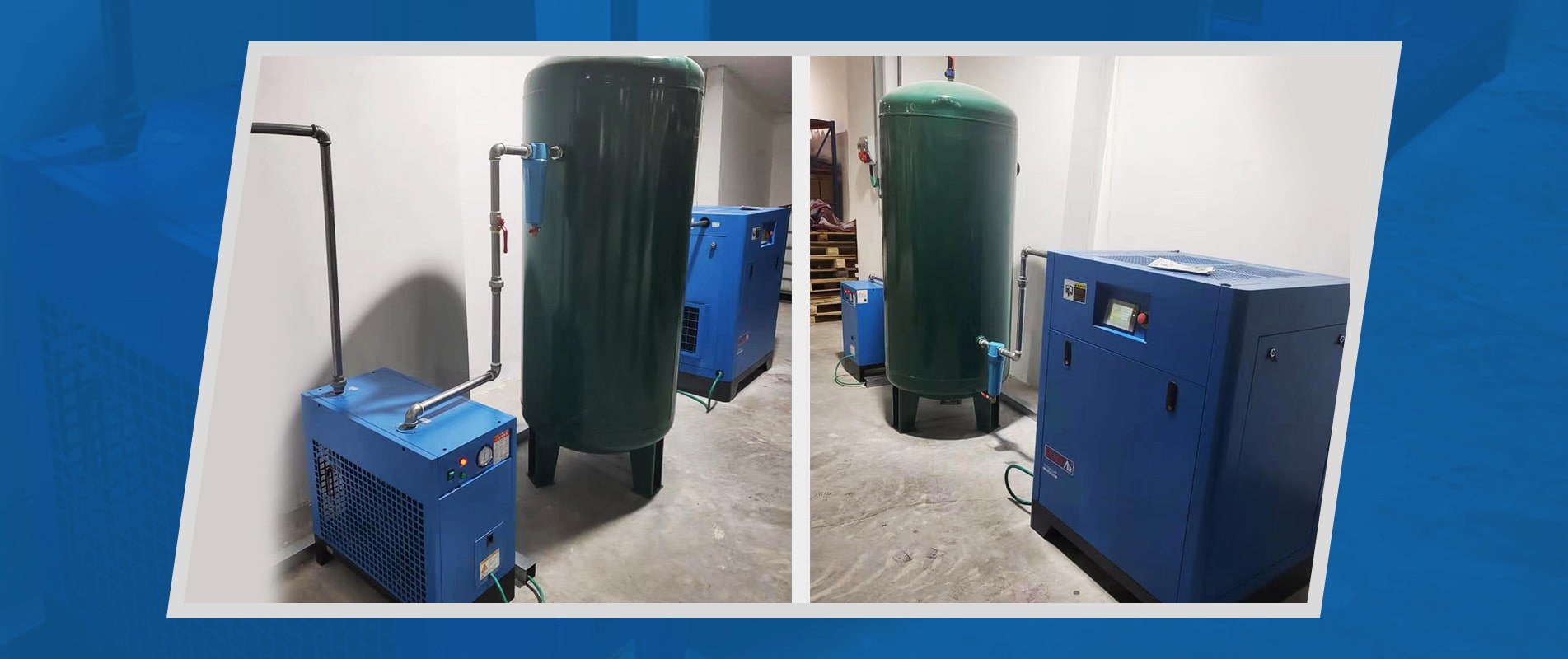




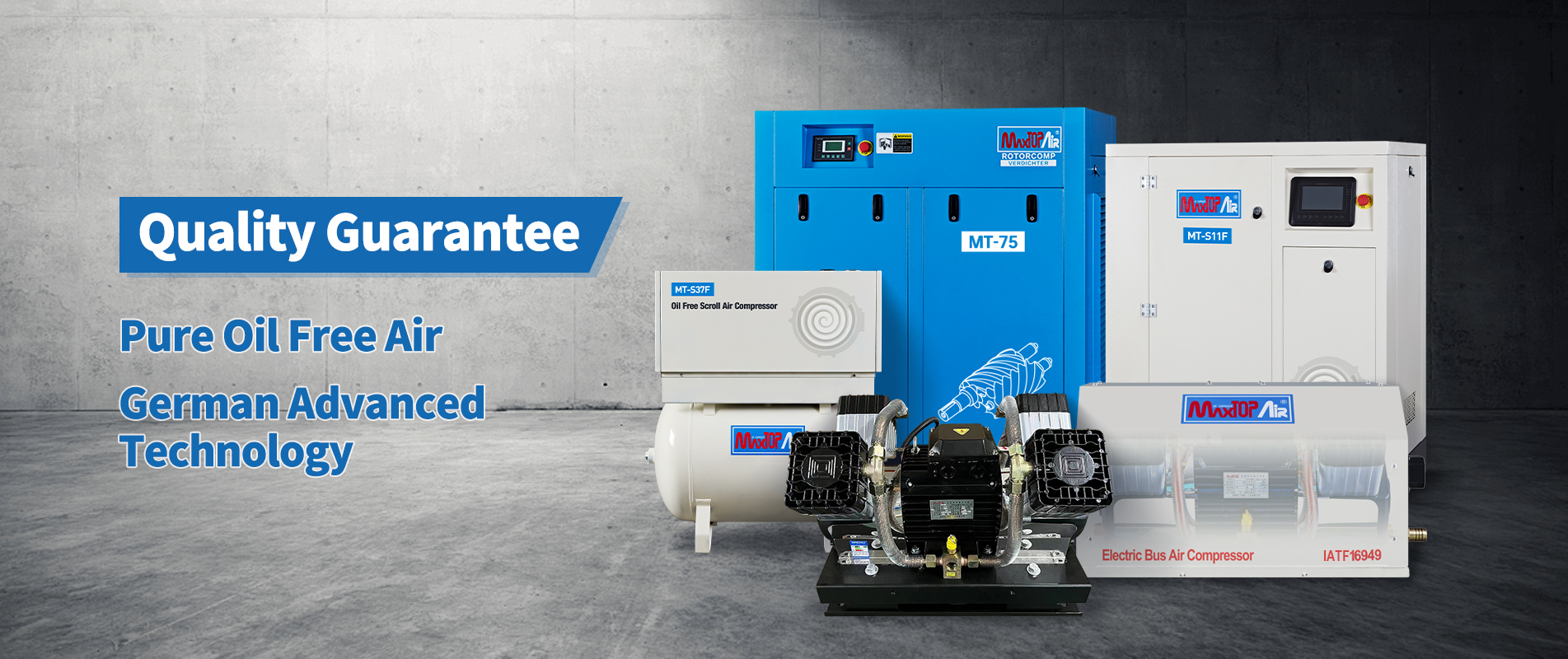

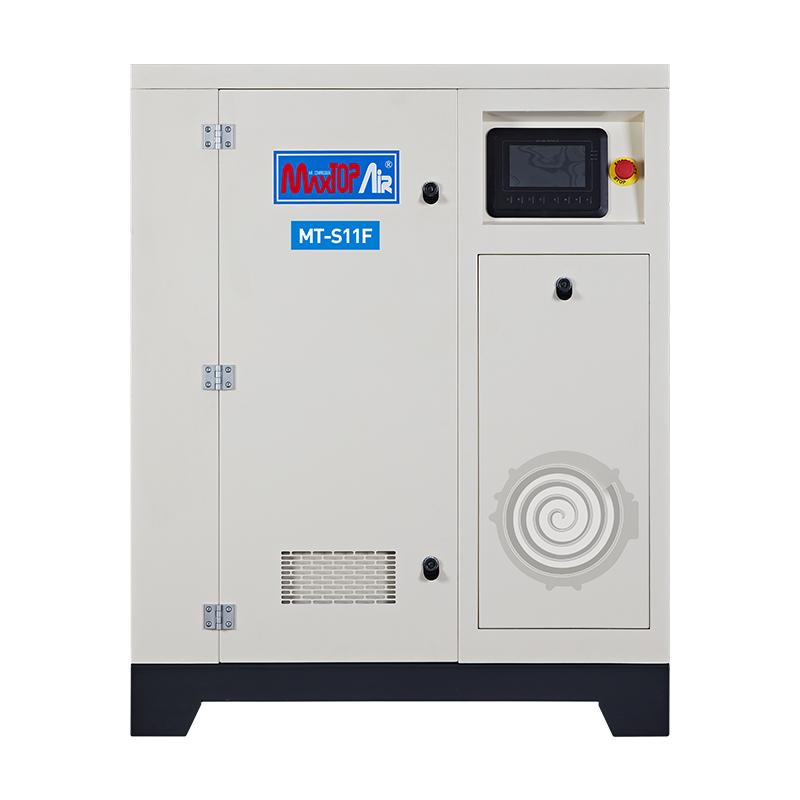
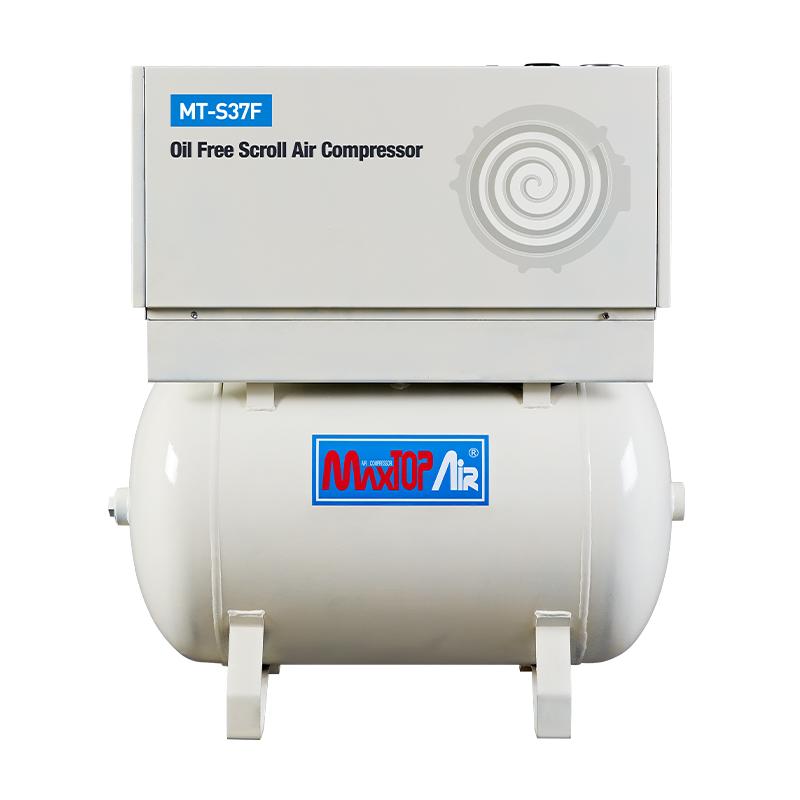
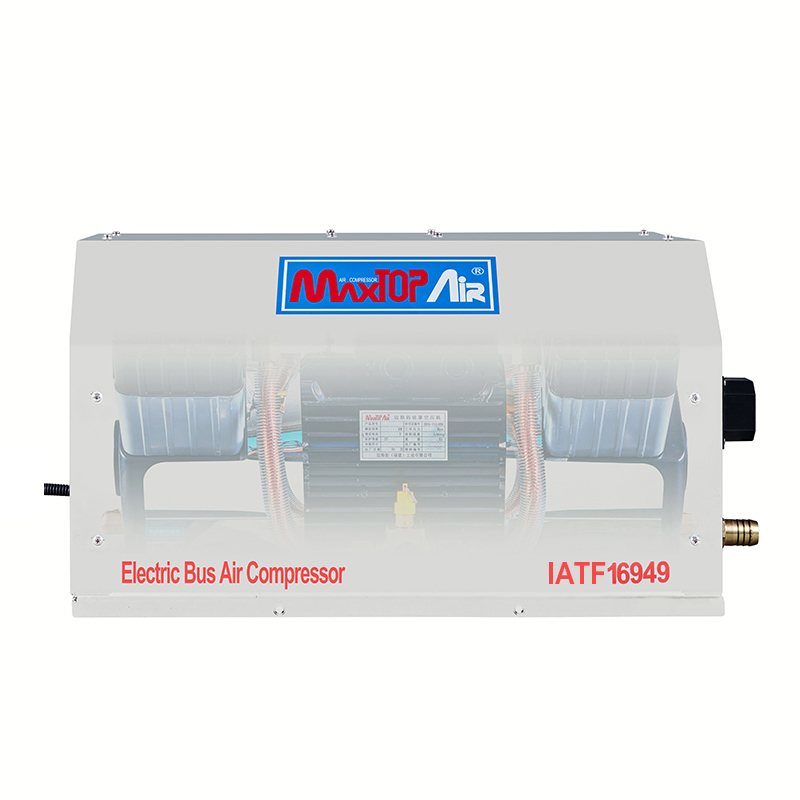
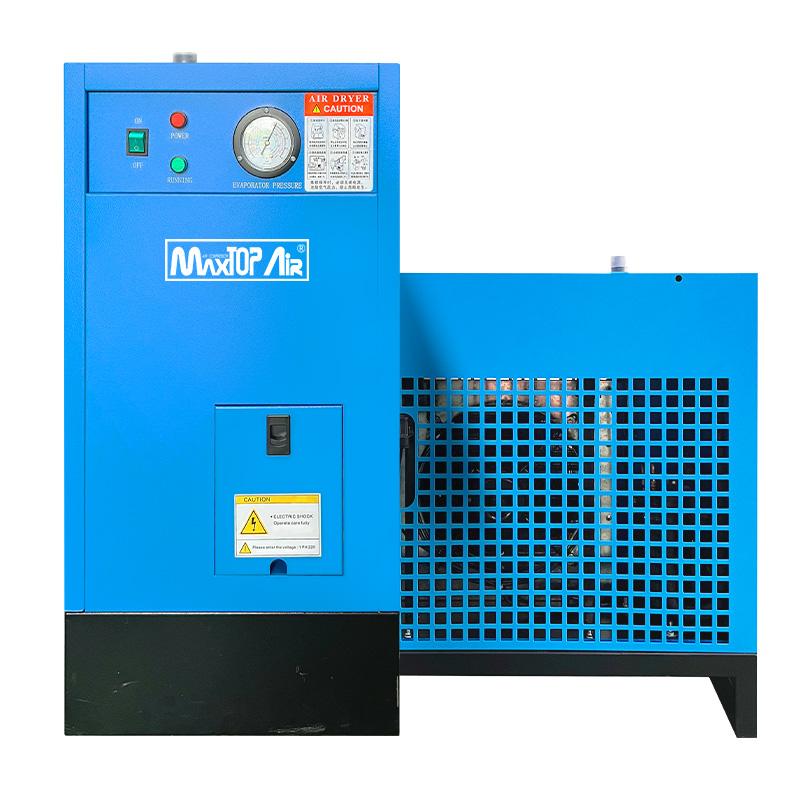
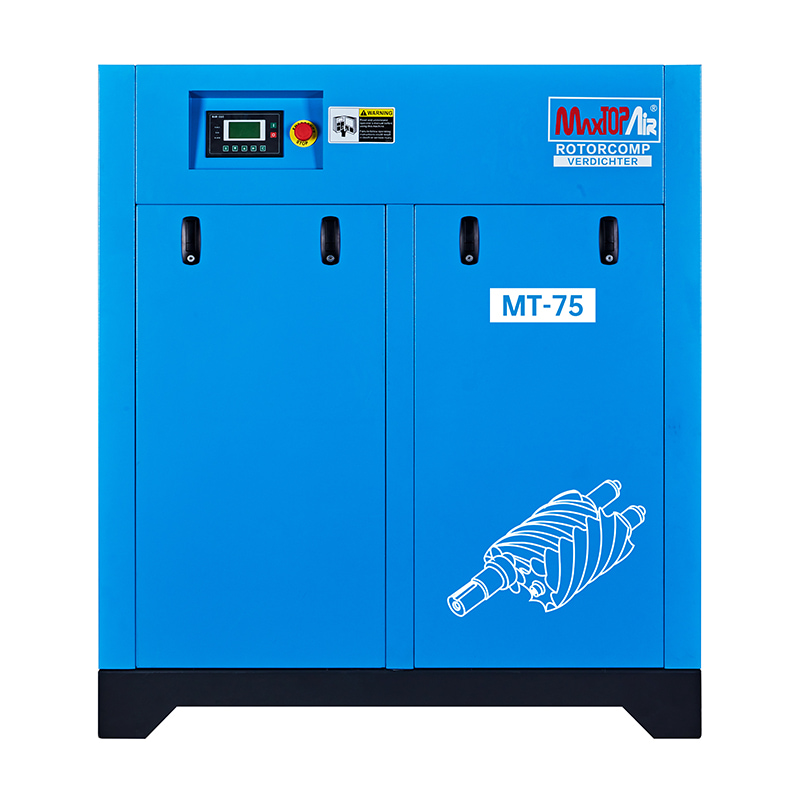
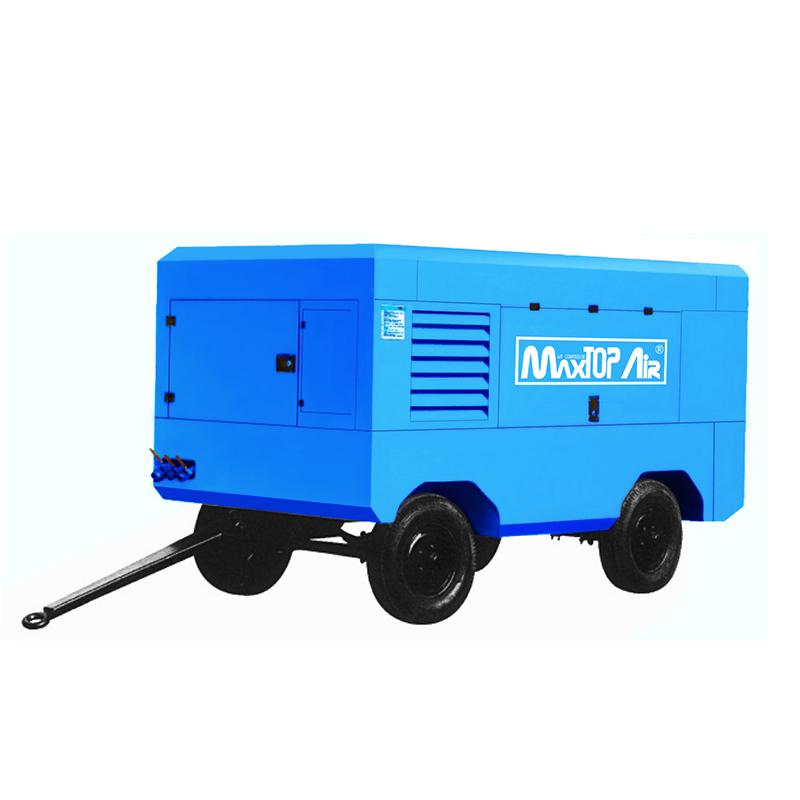
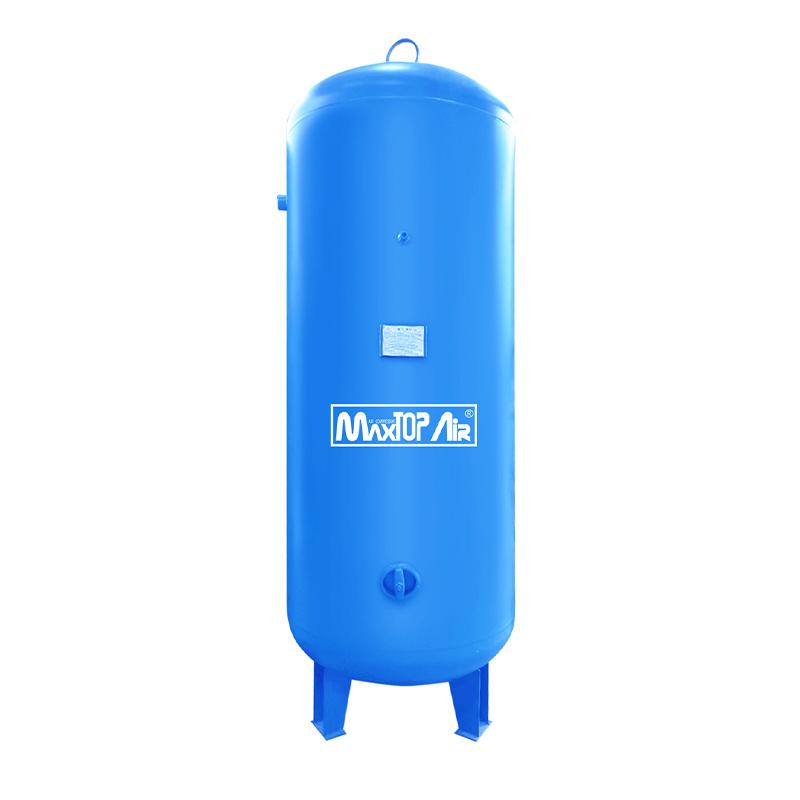
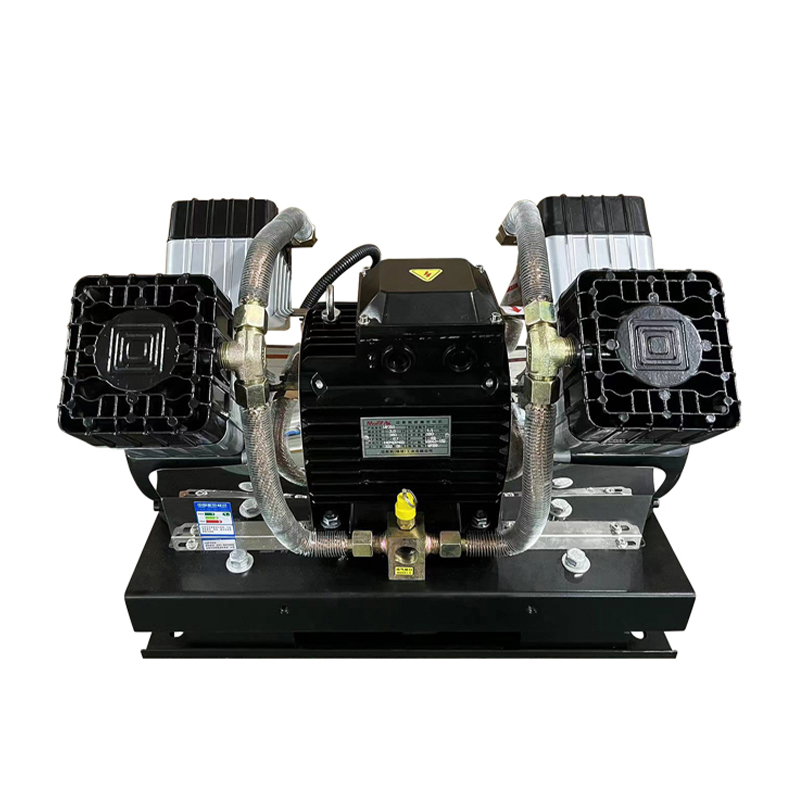





 IPv6 network supported.
IPv6 network supported.
